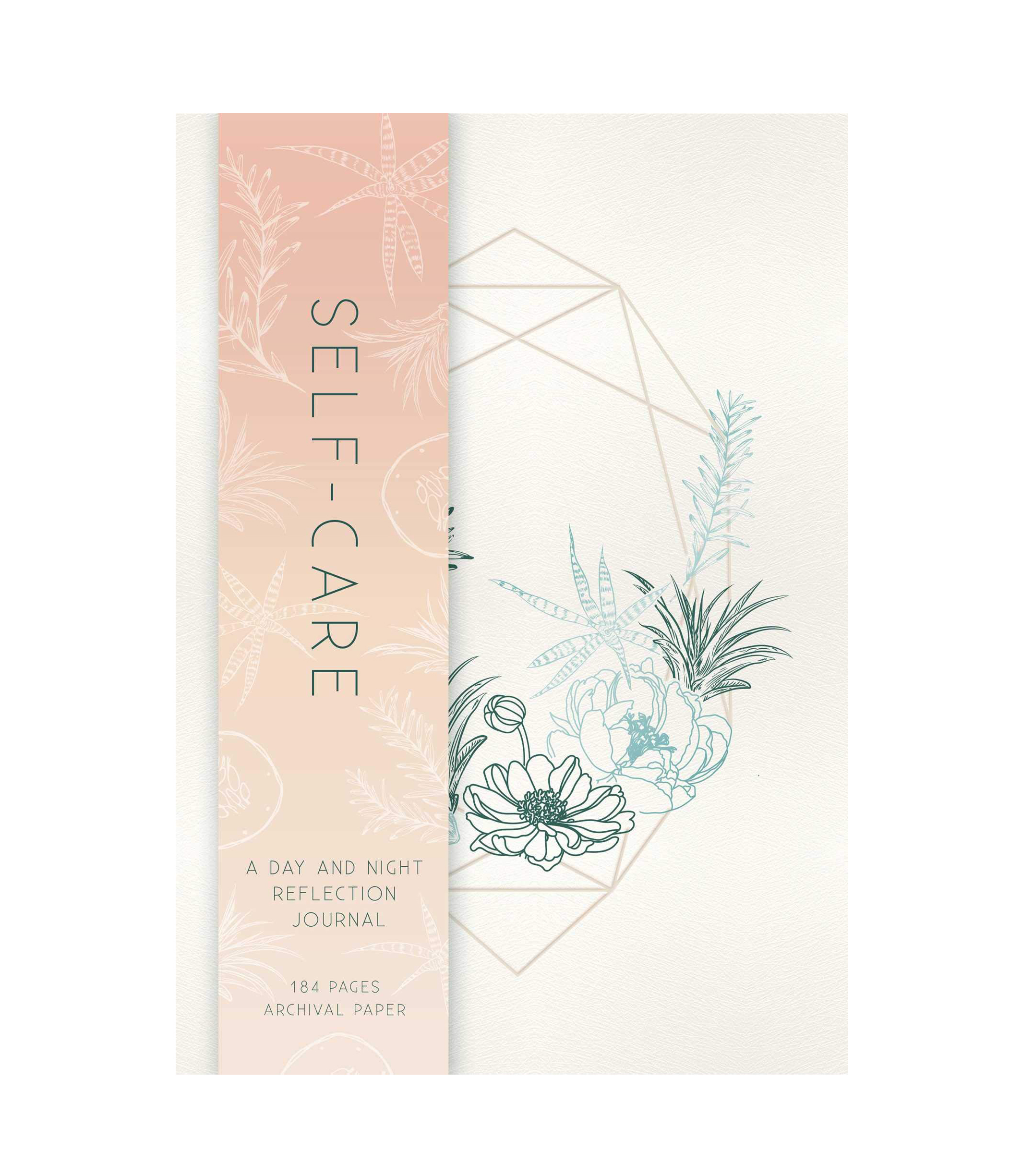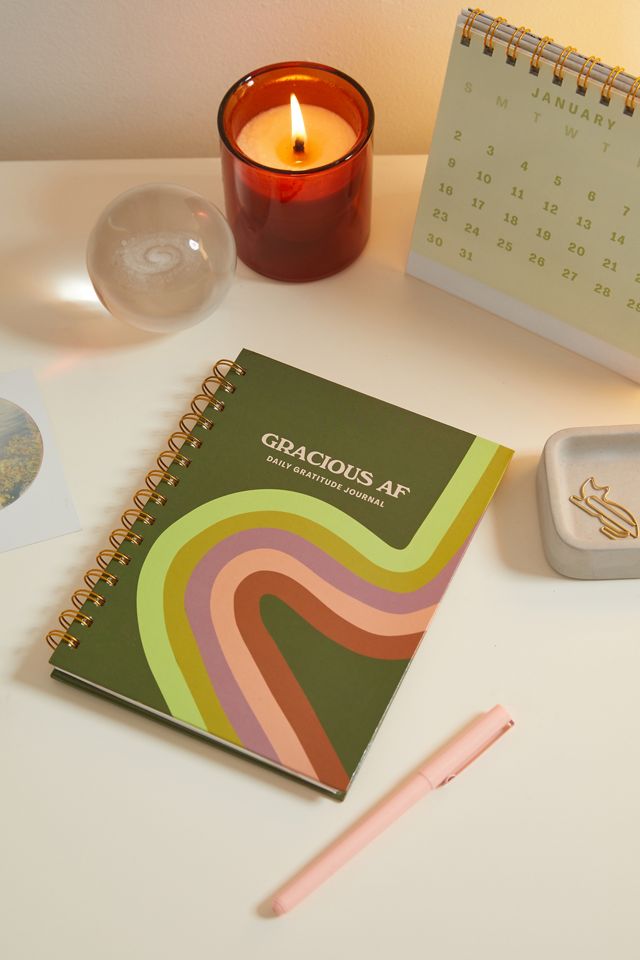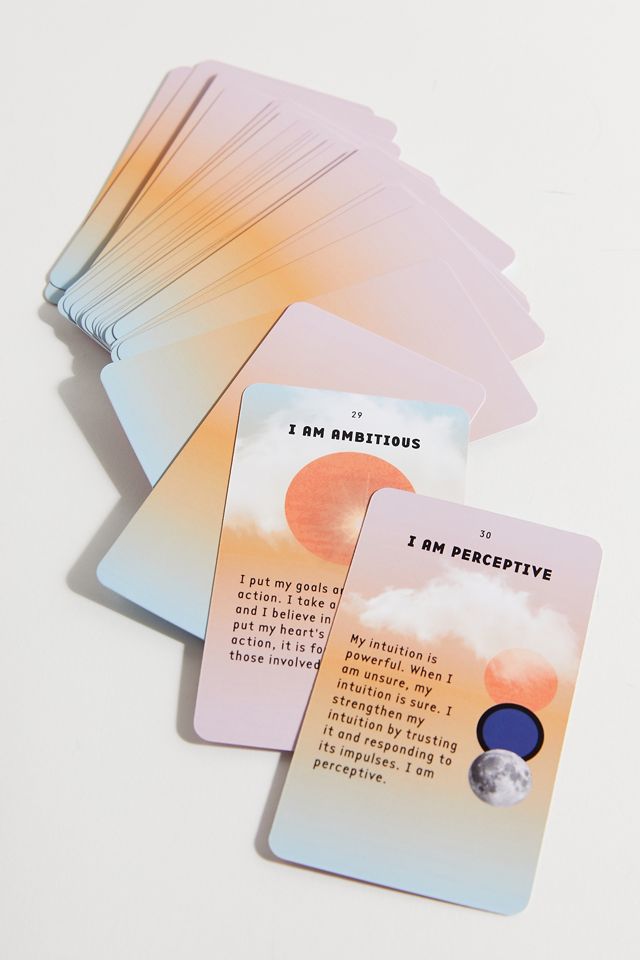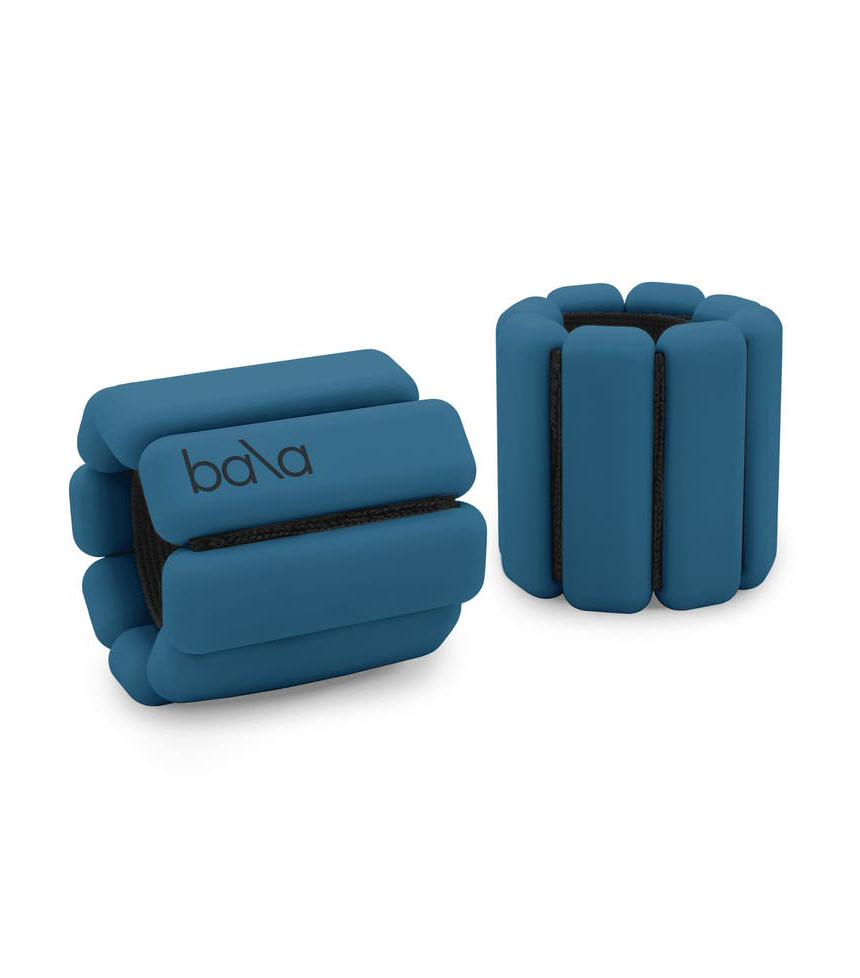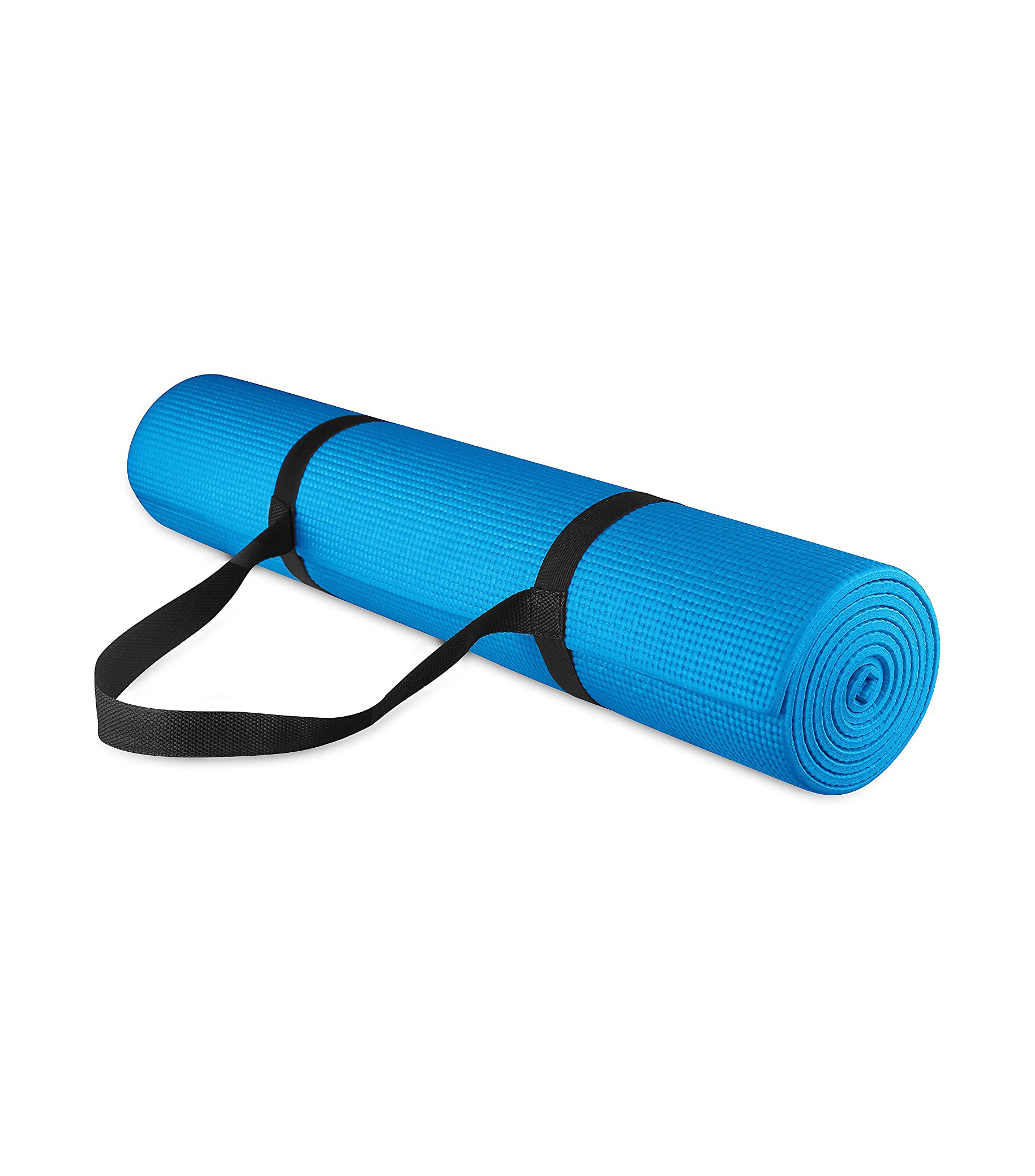16 Ways to Build a Better Relationship With Yourself—Because It's Important
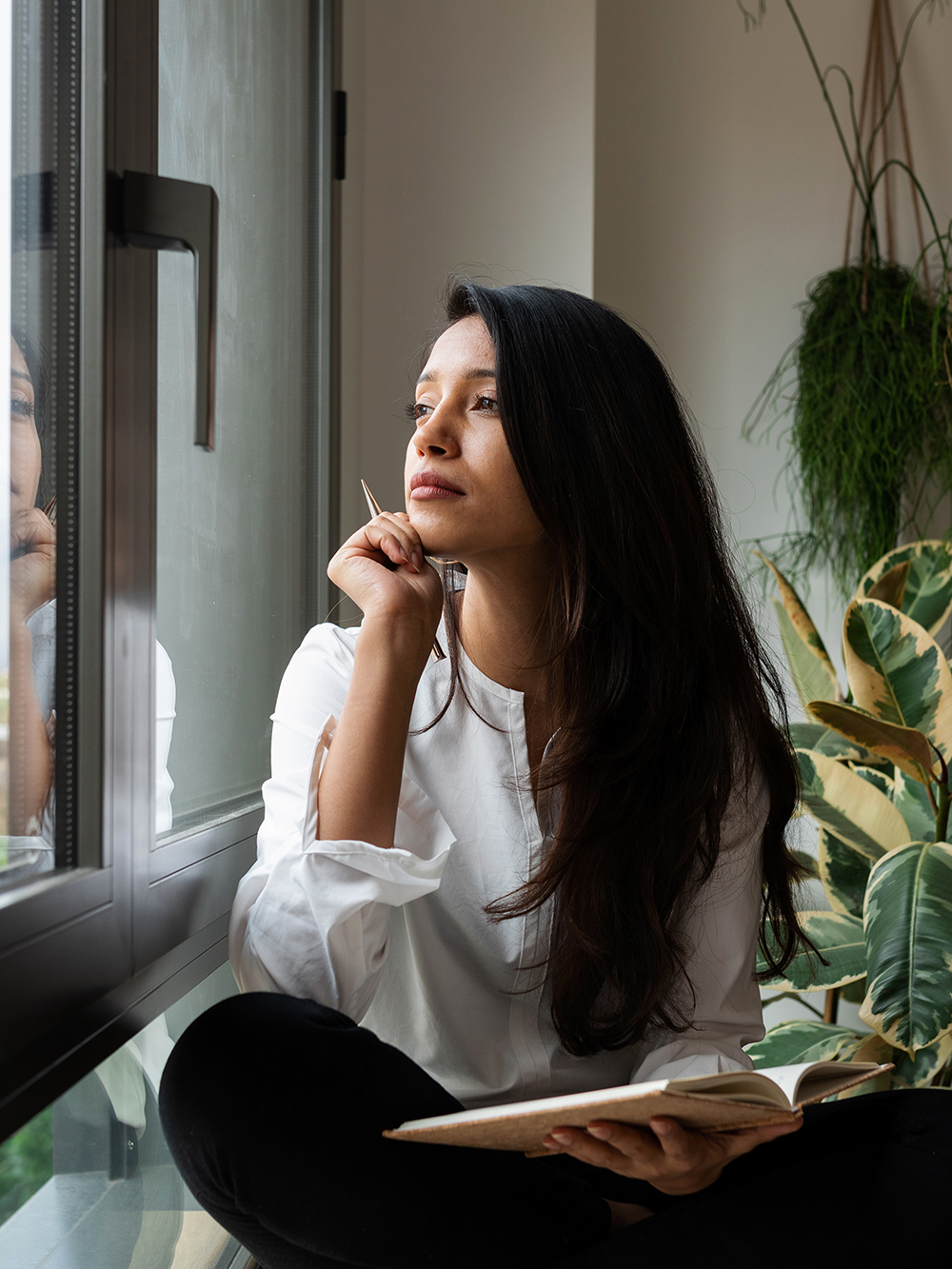
When you think of relationships, the first thing that might come to mind is the romantic variety. Or you might think of the relationships you have with your family and friends. But it can be easy to forget about the one you have with yourself—and that one might be the most important of them all.
"The truth is, the relationship you cultivate with yourself is one you will be living with your entire life," explains Caroline Platzman, a mental health counselor at The Calm, Cool & Collected. "When you wake up in the morning and at the end of every night, you will always have yourself. The relationship you have with yourself ultimately impacts the way you view yourself, your relationships with others, and your relationship to the world around you. This is why it is so important to build a healthy one!"
It really does affect all areas of your life. "How you feel about yourself translates into your everyday life in terms of confidence, self-esteem, and more," says Leigh McInnis, LPC, executive director for Newport Healthcare Virginia. "You will filter your interactions with others through the lens of how you see yourself. If you don't trust your own judgment, you may interpret others as questioning your judgment; if you don't love yourself, you may be hypersensitive to real and perceived rejection from others."
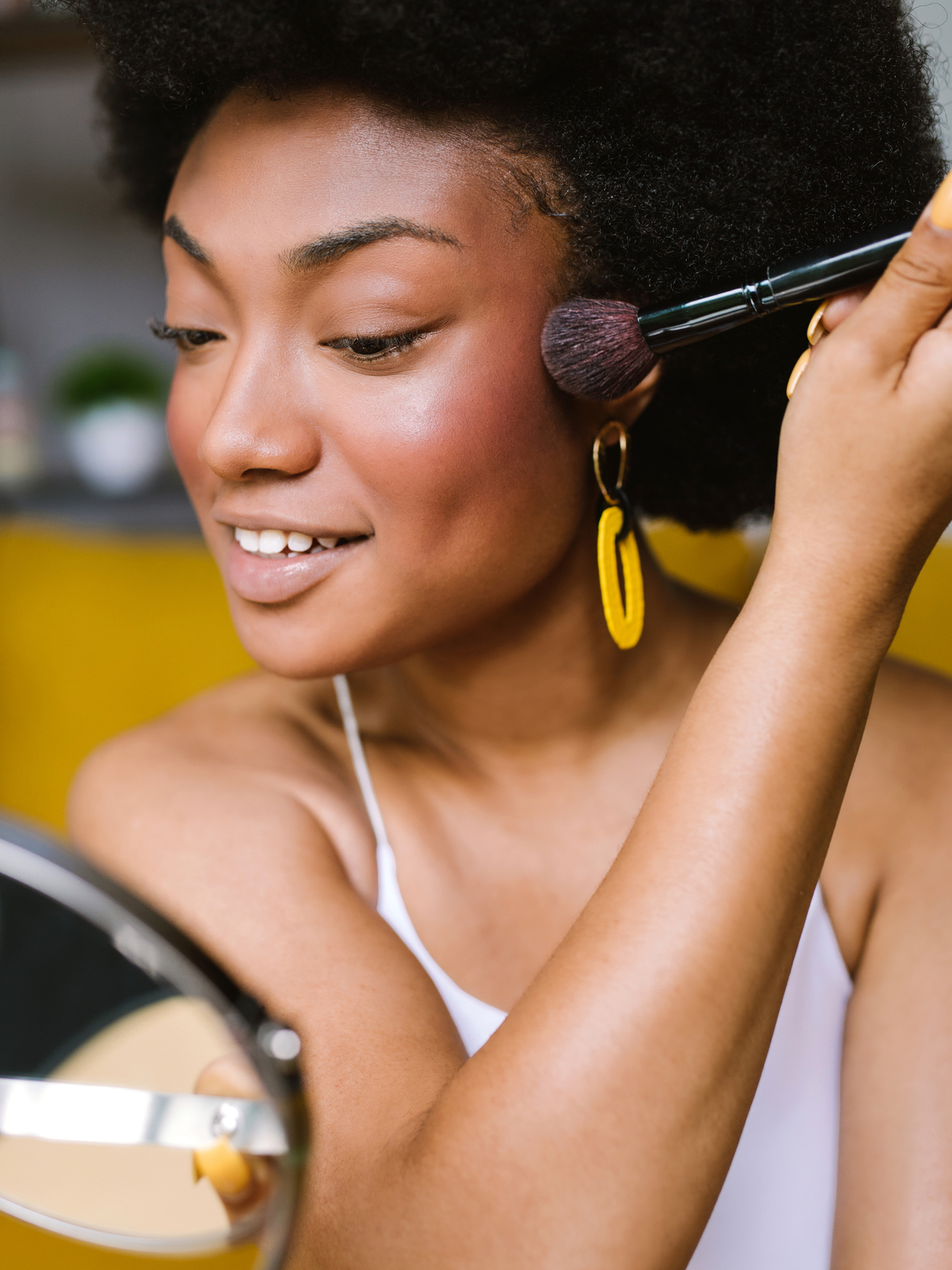
Like any relationship, the one you have with yourself will need time to grow and be nurtured. So if you want to improve it, you'll have to be willing to put in the work. You can start by dedicating time to know yourself better and spending time alone. "Before anything else, it is important to recognize that you deserve to get to know yourself in the ways you allow others to," Platzman says. "You are your own person with unique insights, ideas, perspectives, hobbies, and quirks—uncovering and learning to love these parts of yourself can be a really exciting and inspiring journey."
And getting to know yourself better isn't a selfish act, either. One common misconception McInnis says that people might have is that investing in yourself could be perceived as selfish and/or a waste of time. "This misconception stems from a core belief of worthlessness," McInnis explains. "Notice how much you invest in those who you find worthy of time, love, and energy, and treat yourself as you would those people."
Platzman adds that nurturing your relationship with yourself will be better for those around you, too. "Additionally, the relationship you have with yourself is like any other—it requires energy, care, and attention, and it isn't always easy!" she says. "Part of building a healthy relationship with yourself is learning to take responsibility for when you mess up while simultaneously showing yourself grace. Like any other relationship, progress in your relationship with yourself is not necessarily linear and nowhere near perfect."

This whole journey can take time—pretty much your whole life if you think about it—so prepare to be patient with and kind to yourself along the way. And don't be afraid to seek help if needed. "If there is trauma or severe low self-esteem, it may be a good idea to seek help from a psychotherapist," says Frame therapist Lydia Luna, Ph.D., who is a clinical psychologist and also the founder of the Moon Collective Sanctuary. "The key to change is making a conscious choice and effort. Be intentional with your actions, make the time, be consistent, and be patient. Commit to a plan that is doable, and set yourself up to succeed. If you make this new practice a part of daily life in a way that resonates with you, you'll find the beauty of self-discovery."
And if you're ready to start, take a look at some steps to take below.
1. Practice Self-Care
"First and foremost, make sure you are loving and caring for yourself physically," Platzman says. "Commit to eating a balanced diet, getting enough sleep, remaining hydrated, and moving your body regularly!"
2. Check In With Yourself

Luna recommends doing this throughout the day. "Ask yourself, 'Am I attending to myself in a loving, nurturing, compassionate way? Or do I minimize my own needs, criticize, or judge myself? How am I feeling at this very moment?'" she recommends. "Spend time alone, sit in stillness, and explore thoughts, desires, and needs. Observe yourself in a non-judgmental way—and then find ways to meet your own needs and go after what you desire."
3. Stop the Negative Self-Talk
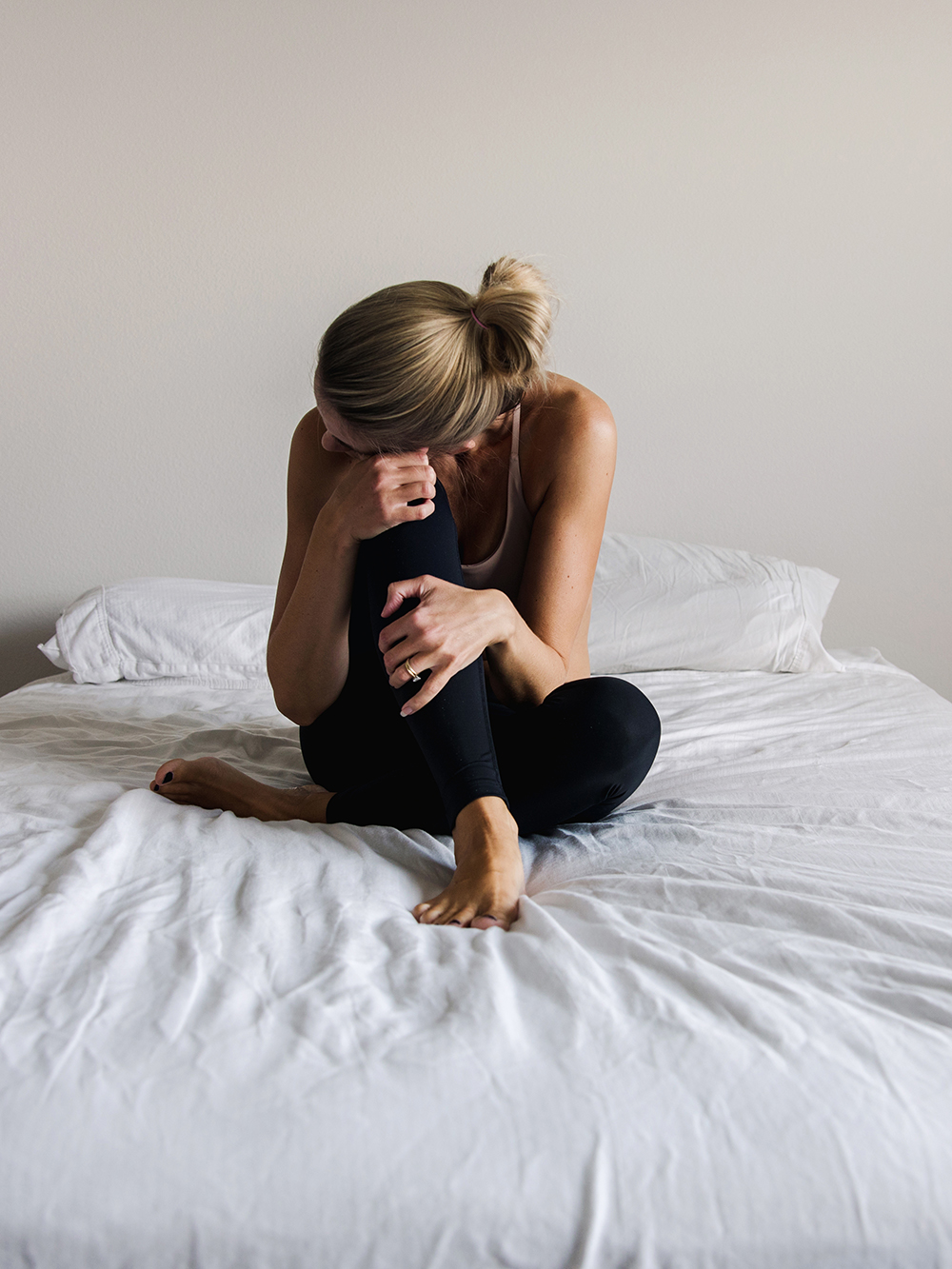
It can be so easy to let negativity and judgment take over. And while it takes practice, it's possible to undo this habit. Luna recommends starting by reframing your inner dialogue to be gentler and more loving. "It's also important to take care of your body and actively practice self-compassion and self-acceptance," she says. "Evaluate your choices. Ask yourself, 'Is this healthy or self-destructive?' Setting healthy boundaries is also important to prevent depleting and dishonoring yourself."
Replace that negative self-talk with something positive. Add some affirmations to your daily rituals. "When you start to talk to yourself in a positive voice, it will help you in battling any self-doubt," McInnis says. "If a positive voice doesn't feel genuine or feels too forced, try a neutral one. Just speak to the facts and what you know to be true."
4. Limit Social Media

Many people get very dependent on social media, which in turn can cause feelings of inadequacy or comparison. Platzman recommends limiting social media or other forms of media that do not contribute to your overall well-being or happiness.
5. Practice Mindfulness and Gratitude
Luna encourages everyone to practice mindfulness. "Be compassionate with yourself, and pay close attention to your feelings. They are your messengers. Practice gratitude and appreciate who you are—celebrate what makes you special," she says. "Acknowledge your strengths and your resilience, your ability to love and to forgive. Appreciate your kind heart or sense of humor or even your dancing abilities! Meditation is a wonderful way to quiet your mind and connect with your inner power. Do things that make you laugh and bring you joy! Learn to be playful with yourself and with life. And lastly, be authentically you. You are unique in all the world!"
6. Find What Makes You Happy

"It's important to your well-being that you're happy! When you're happy with yourself, you have more confidence, more self-esteem, and feel better all around," McInnis says. So explore the things that make you smile—it could be dancing around when you're alone, working out, eating a nice meal, reading a book… anything, really!
7. Know Your Strengths
McInnis recommends pinpointing your strengths, which will give you a better understanding of yourself and create more self-awareness.
8. Know Your Weaknesses
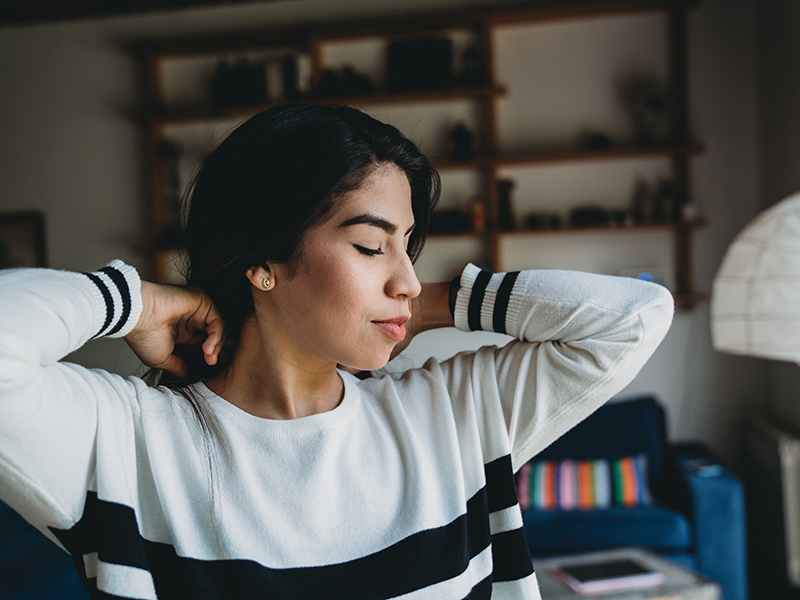
And on the flip side, it's important to understand your weaknesses, too. "Although knowing your strengths is great, it's equally as important to understand your weaknesses," McInnis says. "In order to have overall self-awareness, you have to figure out where you could be improving."
9. Create Daily Rituals
"Start with a simple routine of daily self-love rituals," Luna suggests. "Practice loving self-talk and affirmations while taking a shower. Express self-gratitude before getting out of bed or right before going to sleep. Another good exercise is to identify one to 10 positive qualities about yourself or things you did well recently."
10. Journal
Platzman says you can gain self-awareness and practice introspection through journaling. "Writing down your thoughts and feelings can be a fantastic means of checking in with yourself and expressing emotions in a healthy way," she says. "Journaling provides you with the opportunity to reflect on and learn from what you have written."
11. Get Comfortable With Being Alone

If you're not used to spending time alone or doing things alone, it can be weird at first. But being alone doesn't have to equal loneliness. "Explore the meanings that you attach to aloneness," McInnis says. "Remind yourself that you are choosing to be alone, to enjoy time to yourself, and that being alone is not a sign of inadequacy or something negative for which to be embarrassed."
To start, Platzman suggests challenging yourself to spend time alone, even if it's in the comfort of your own home. "Make it a point to plan a solo dinner, movie night, park trip, yoga class, whatever!" she says. "Make reservations or try out a new recipe, run a bath, or plan a flirty outfit—whatever you choose, make sure it is something you are really looking forward to. Learning to connect and have fun with yourself is the first step to feeling comfortable being and doing things alone. Once you feel comfortable having a lovely meal or watching a relaxing movie in your own company, you will start to enjoy and even want to do more things on your own!"
And when you're out alone, like, say, eating dinner or watching a movie, sometimes you might feel like people are watching you or judging you for being alone. It's easy to overthink that, McInnis says. If that happens, she recommends not comparing yourself and employing positive thoughts, like, "It's so great that I'm able to enjoy my favorite food tonight," or "I'll meet so many new people and get to try a lot of different activities on this trip."
12. Focus on Your Interests
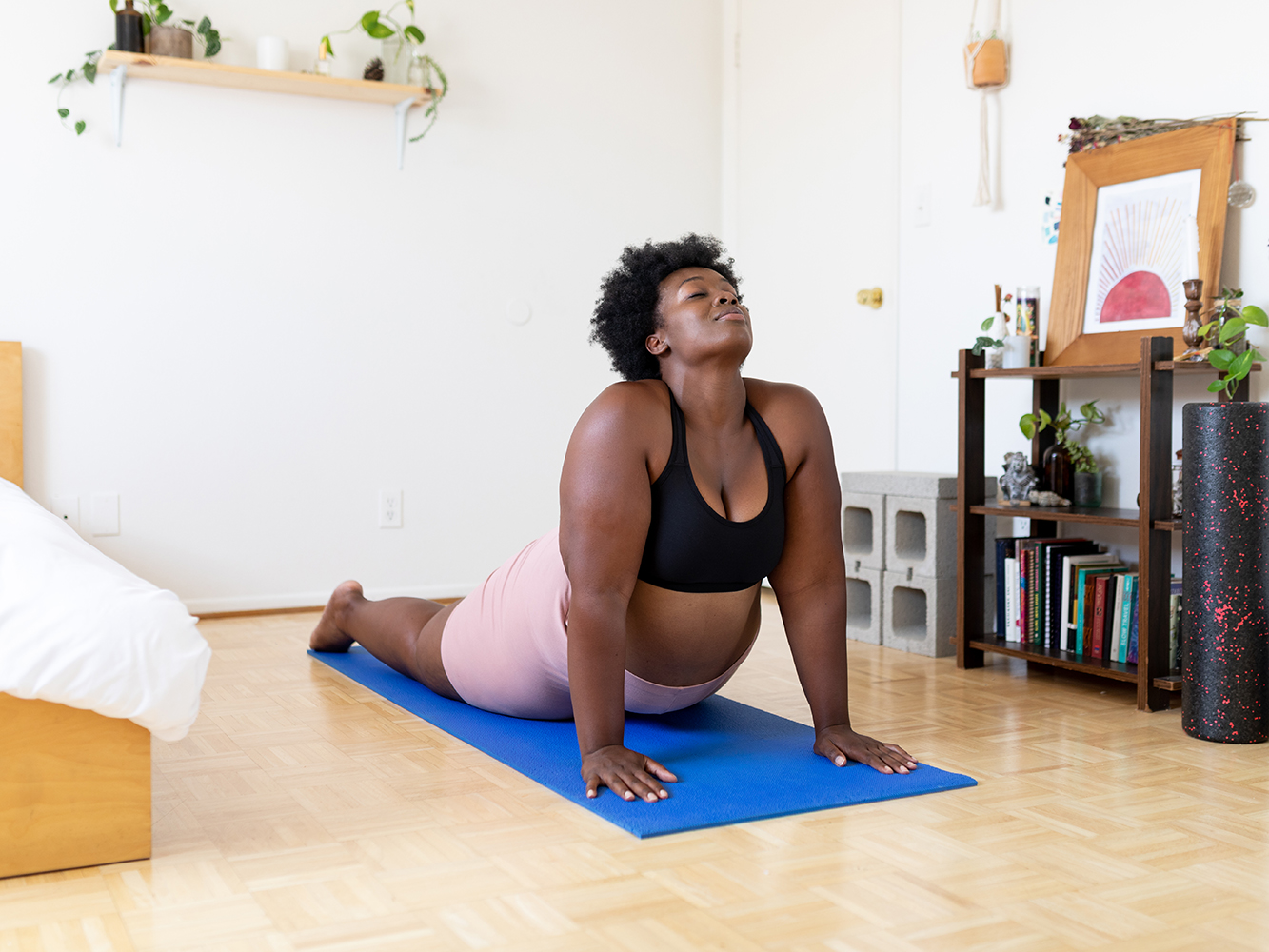
Get to know yourself better this way. "Figuring out what is exciting and interesting to you and then going out and doing that is a great way to discern your likes/dislikes," McInnis says.
13. Connect With Your Body
"Find ways to connect with your body without distractions," Platzman says. "Practice yoga, meditation, exercise, stretching, deep breathing, and relaxation techniques to really get in tune with yourself. Set some time aside for a rejuvenating workout, a relaxing bath, a solo walk outside in nature, or even a drive around your city."
14. Surround Yourself With Friends and Family

There are moments for "me" time, and there should also be opportunities to connect with your friends and family. "Surround yourself with friends and family who will support you, no matter what," Platzmans says. "Everyone has bad days. This is why it is important to engage with individuals who motivate you to love and be your best self, even on your worst days."
15. Hold Yourself Accountable

"No one is perfect, and part of building a healthy relationship with yourself is recognizing that this includes you. Sometimes, you will mess up and make mistakes. Own up to them, learn from them, make amends, and move on," Platzman says.
16. Plan for the Future
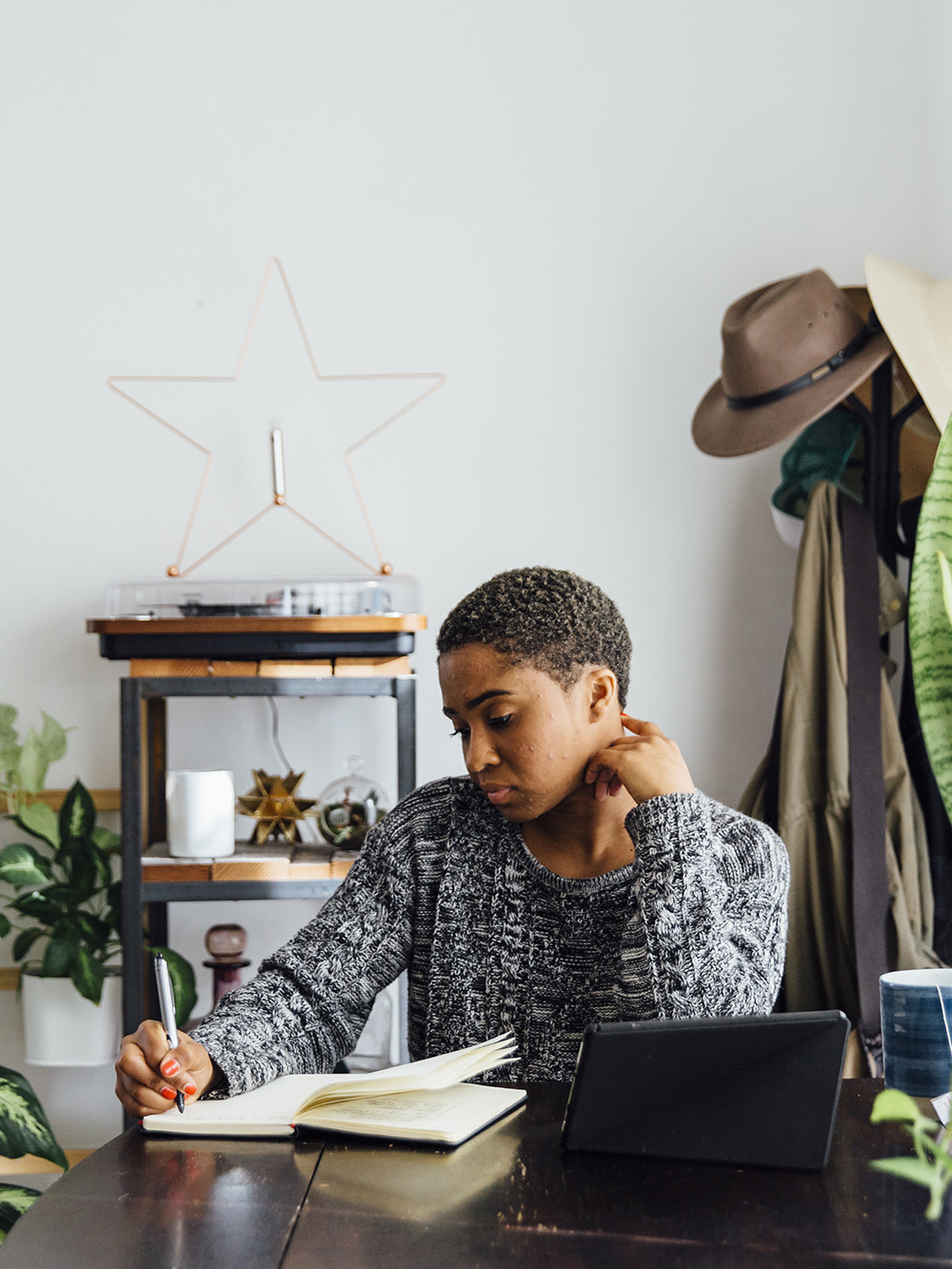
Getting to know yourself better also means understanding your aspirations and dreams better. "Plan for the future and set attainable goals for yourself," Platzman recommends. "Meet yourself where you are, and plan accordingly. Understand you might not always be where you want to be, but you have the power to get there."
Next, This Is How Therapists Help Their Patients Practice Self-Love
Disclaimer
This article is provided for informational purposes only and is not intended to be used in the place of advice of your physician or other medical professionals. You should always consult with your doctor or healthcare provider first with any health-related questions.
Sarah is lifestyle writer and editor with over 10 years of experience covering health and wellness, interior design, food, beauty, and tech. Born and raised in Los Angeles, she attended New York University and lived in New York for 12 years before returning to L.A. in 2019. In addition to her work at Who What Wear, she held editor roles at Apartment Therapy, Real Simple, House Beautiful, Elle Decor, and The Bump (sister site of The Knot). She has a passion for health and wellness, but she especially loves writing about mental health. Her self-care routine consists of five things: a good workout, “me” time on the regular, an intriguing book/podcast/playlist to unwind after a long day, naps, and decorating her home.
